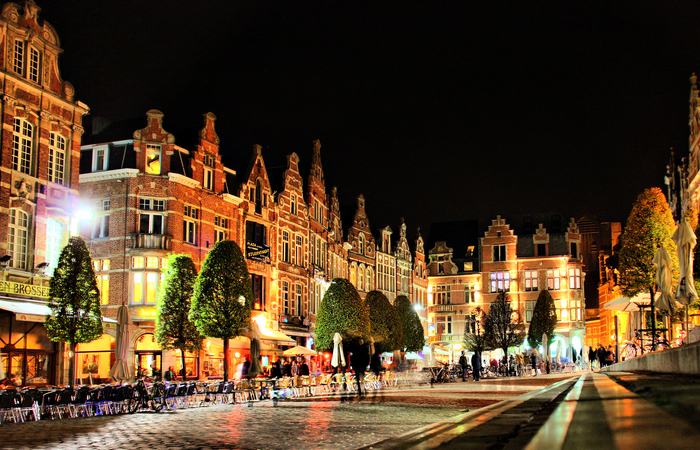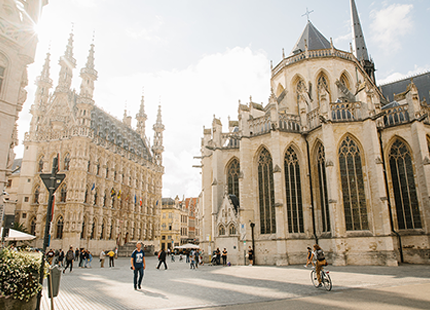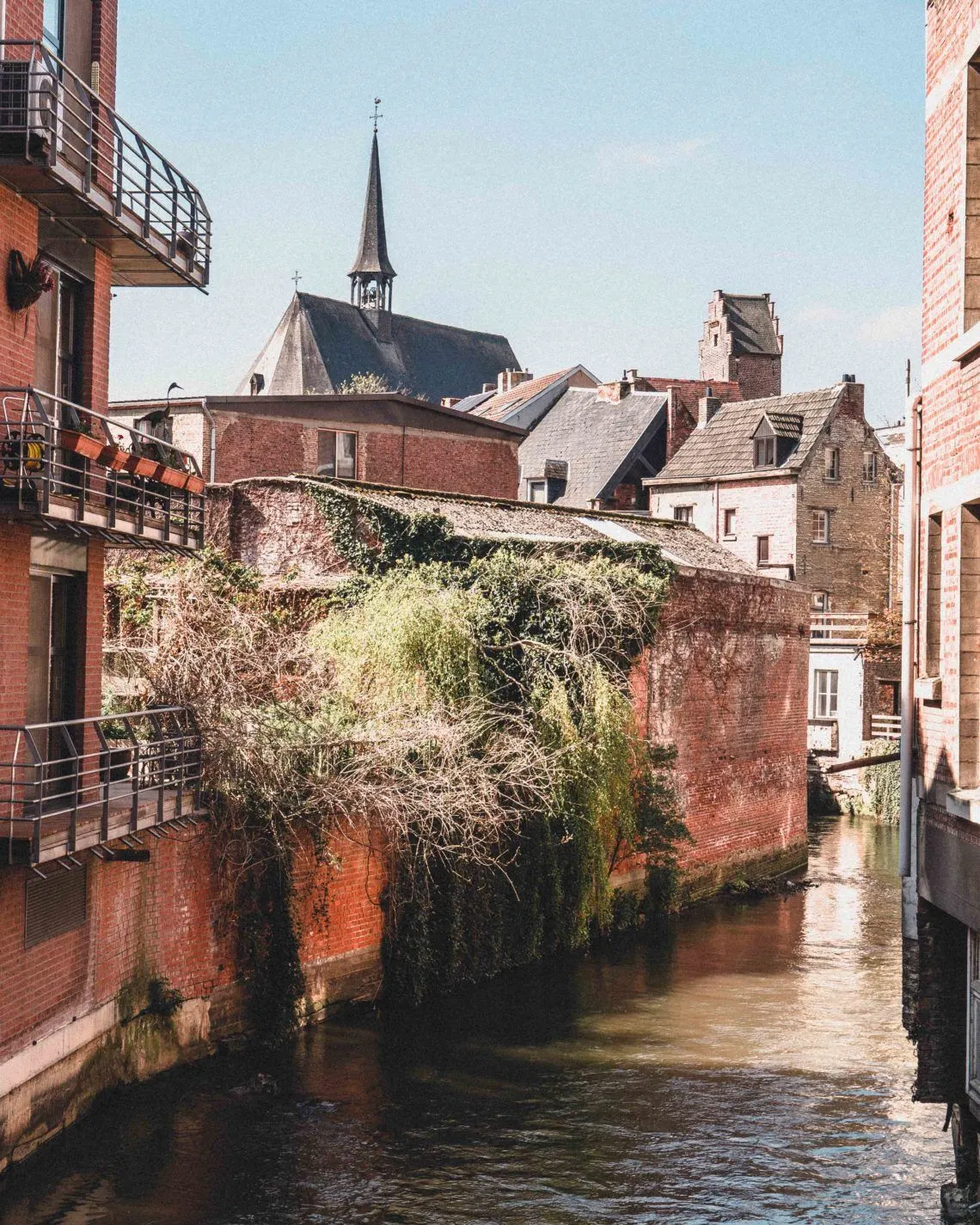Tutorial: Metacommunity theory for microbiome design – manipulation of microbial communities through transmission networks
Host-associated microbiomes develop like all ecological communities, following four
main forces of (meta)community assembly: 1) species interactions, 2) local selection,
3) chance effects and 4) dispersal = movement of microbes between communities. Accumulating understanding of the ecology of microbiomes have led
to ecologically informed interventions that aim at manipulating microbiomes to have
more beneficial effects for their host, such as probiotics to enhance human health.
However, even ecologically informed microbiome interventions usually focus on
manipulating microbiomes using knowledge on the first two forces of community assembly:
local selection and microbial interactions. But could host-associated microbial communities be modified
by manipulating the latter force of community assembly: the transmission network of microbes among hosts?
This workshops focuses on the lesser-studied theory of how microbial communities could be manipulated by manipulating their transmission network.
Focusing on the metacommunity theory and other fields of network theory, we will review the theoretical basis of how we expect different transmission network structures to influence microbial communities.
We will learn a few analytical methods for
a) describing social contact networks and microbiome compositions in a population of hosts,
b) summarising different network structures and positions within a transmission network,
c) exploring statistical effects of network position on important microbiome properties, such as alpha diversity and
d) building a predictive model to explore optimal network positions for important microbiome properties, such as alpha diversity
All analyses are done in R, using packages rstan, brms and igraph. Workshop material will be provided in advance.


